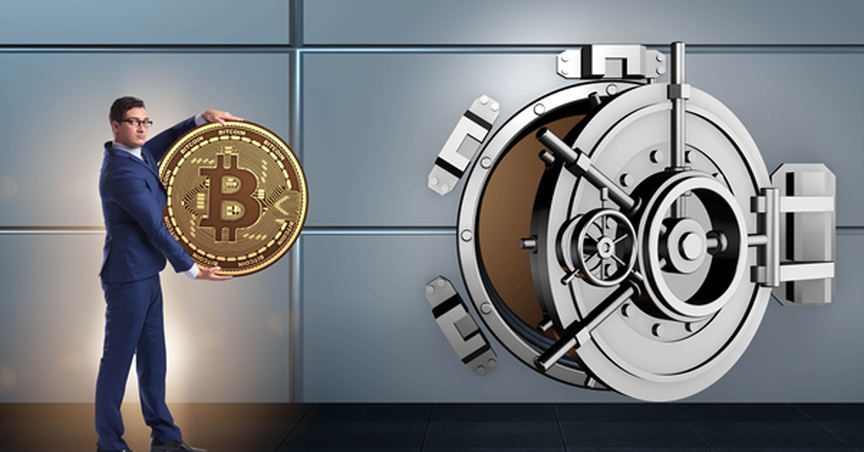Highlights
- The Australian Federal Police (AFP) say that crypto scams have exploded since the pandemic
- Some Aussies have been fleeced by people claiming to be part of a crypto trading platform, only to realise the “platform” they invested in was a fake copy
- On its official website, there should be what’s known as a “whitepaper” – a document that outlines the project’s mission as well as the project’s technology
Perhaps it should be no surprise that in an industry that has gained such vast popularity as the cryptocurrency space has in 2021, crypto scams are not also on the rise.
The Australian Federal Police (AFP) say that crypto scams have exploded since the pandemic. The AFP recently released data from the Australian Consumer and Competition Commission (ACCC), revealing that between January and November 2021, losses due to investment scams have totalled AU$109 million – an increase of 172%.
The Unreliable Crypto Exchange
Just recently, liquidators were brought in to Australian crypto exchange, myCryptoWallet, after customers were left unable to access their cryptocurrency, which some customers claimed were valued in the thousands.
This was the second crypto exchange to collapse in just two months. Much of this has to do with the lack of regulation governing Australian crypto platforms.
Fortunately, this is being addressed by the Australian government, which plans to make sure crypto exchanges are licensed so that customers have a better idea of precisely who it is they’re dealing with.
Fake Crypto Trading Platforms
Some Aussies have been fleeced by people claiming to be part of a crypto trading platform, only to realise the “platform” they invested in was a fake copy.
This scam will usually be initiated by an unsolicited phone call from someone claiming to represent a legitimate trading platform.
From there, the caller will convince the victim to part with their cash and invest in their fake platform.
These fake platforms can either take the form of a website or an app. The websites are very deceiving in that they look exactly like the official one, right down to the current news links about the platform. However, they are forges and as soon as the victim puts money into the fake platform, they disappear without a trace, sometimes with tens of thousands of dollars.
Protecting against such a scam requires research of the alleged company versus the information an unsolicited caller is supplying you.
One sure-fire way to protect yourself against such a move is not to accept crypto advice from an unsolicited call, no matter how good the so-called opportunity sounds.
Rug Pulls or Pump and Dump Cryptos
The other big trap that unsuspecting customers can fall into is the crypto token designed to take as much money as it can from investors and then take off with that cash.
One of the most infamous of these this year was the Squid Game Token, which took its name and ideas directly from the worldwide hit Netflix TV series of the same name.
The monumental popularity of the show influenced the popularity of the coin, whose value quickly rose from zero to over two thousand dollars within less than a month.
And then within minutes, the value plummeted back to zero. The so-called creators of the project disappeared from social media taking with them millions of dollars.
A proper look into the token developers is required to prevent this from happening. On its official website, there should be what’s known as a “whitepaper” – a document that outlines the project’s mission and technology.
Legit whitepapers are up to 30 pages long. Squid Game Token’s was four. Furthermore, it was littered with spelling mistakes – another red flag.
The Bottom Line
The new nature of cryptocurrency and blockchain technology is fascinating, which is likely one of the big reasons why people are drawn in.
Additionally, there’s the fear of missing out (FOMO) factor, which is perhaps the reason why so many people don’t do proper due diligence before making a commitment.
Nothing’s worth so much that you don’t have time to research it thoroughly. If you have someone pressuring you into handing over your cash, take it as a red flag.
Proper research and due diligence is all that’s needed to prevent crypto-related scams.






